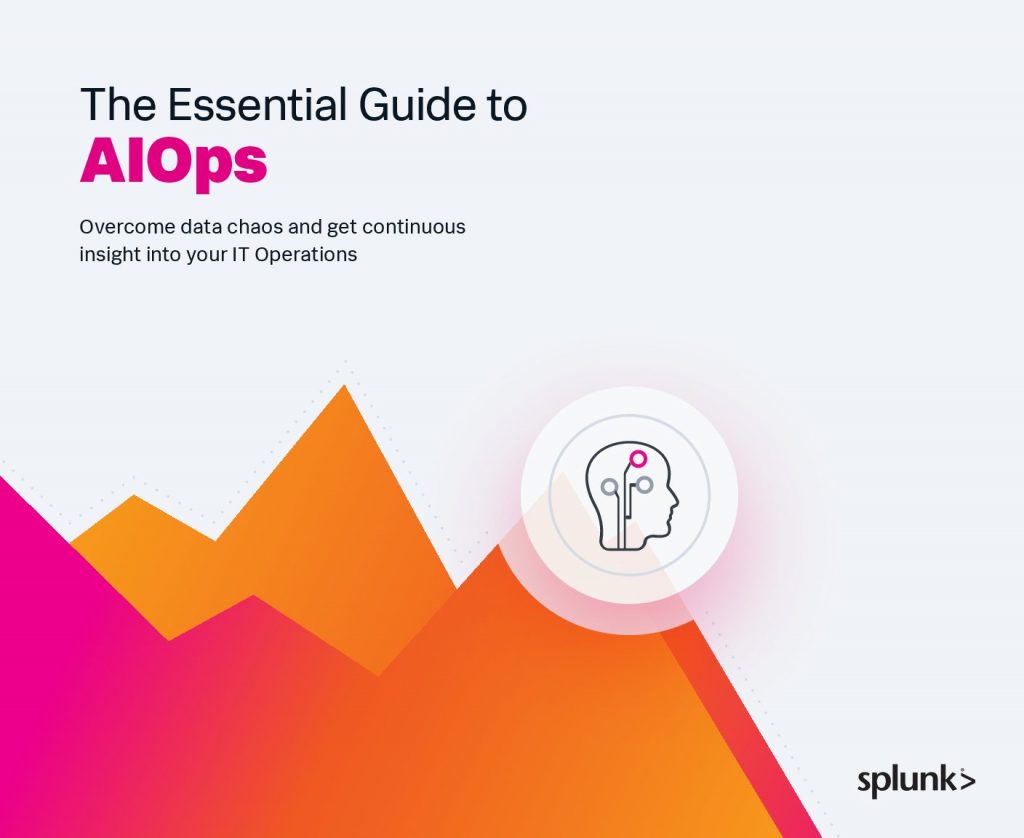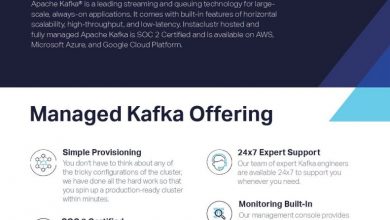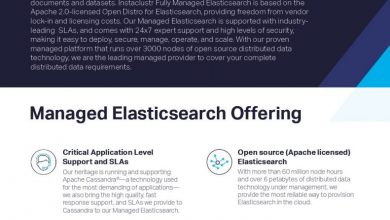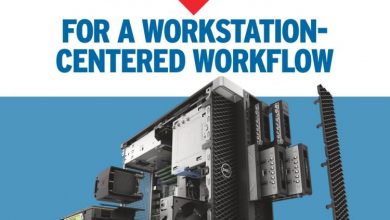The Essential Guide to AIOps

Sponsored by: Splunk
Ops teams are being asked to do more than ever before. In a common practice that can sometimes even feel laughable, old tools and systems never seem to die. Yet the same ops teams are under constant pressure to support more new projects and technologies, very often with flat or declining staffing. To top it off, increased change frequencies and higher throughput in systems often means the data these monitoring tools produce is almost impossible to digest.
Brings together data from multiple sources: Conventional IT operations methods, tools and solutions aggregate and average data in simplistic ways that compromise data fidelity (as an example, consider the aggregation technique known as “averages of averages”). They weren’t designed for the volume, variety and velocity of data generated by today’s complex and connected IT environments. A fundamental tenet of an AIOps platform is its ability to capture large data sets of any type while maintaining full data fidelity for comprehensive analysis. An analyst should always be able to drill down to the source data that feeds any aggregated conclusions.
• Simplifies data analysis: One of the big differentiators for AIOps platforms is their ability to correlate these massive, diverse data sets. The best analysis is only possible with all of the best data. The platform then applies automated analysis on that data to identify the cause(s) of existing issues and predict future issues by examining intersections between seemingly disparate streams from many sources.
- The detection of previously undetectable compromised firmware or malware
- Self-recovery from attacks without manual intervention



